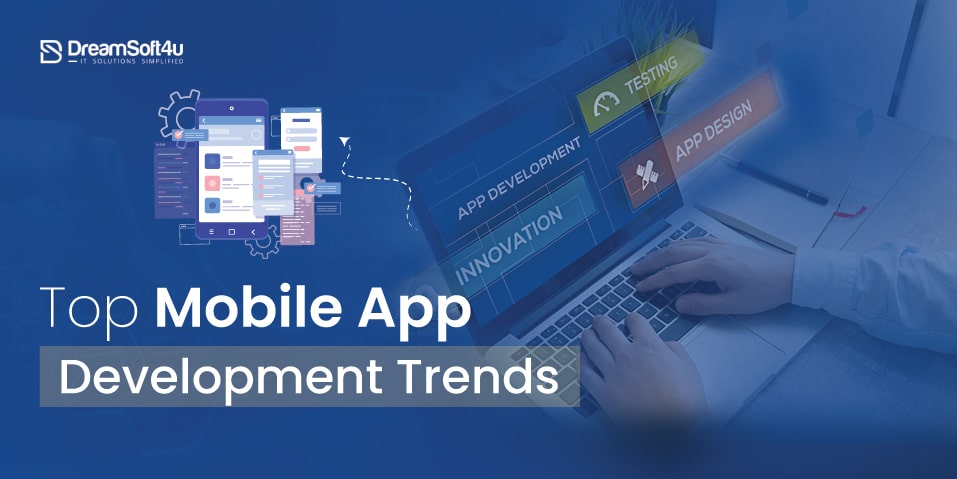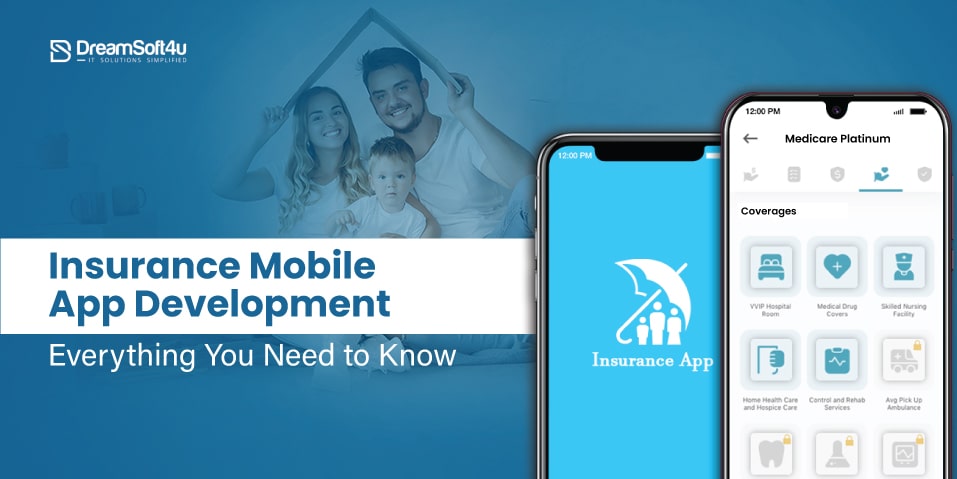The utilization of healthcare software is crucial in enhancing the functionality and efficiency of a hospital facility and warrants further investigation in the field. It helps to set schedules, keep records, issue bills, etc, and that kills time and stress with the processes. It will take less time for the medical practitioners to get information about particular patients, therefore making it easier to diagnose patients. The software also minimizes errors due to timely alerts and notifications regarding ongoing processes. Regulation of communication also becomes less of a problem since the medical team, including doctors, nurses, and other staff, can be on one platform.
Patients themselves get a more individualized approach simply because their data is collected and is easily retrievable. It also enables hospitals to store and protect data about patient records safely and efficiently. Healthcare software development company develops a platform for hospitals to give patients the superior and safer care they need faster and cheaper. It has a major function of ensuring that the right patient receives the appropriate care at the right time, hence optimizing the health care centre’s performance and quality of health care that is accorded to patients.
Table of Contents
ToggleRoles of Healthcare Software in Hospital Management
1. Electronic Health Record (EHR) Software
Electronic health record (EHR) software makes it easier for doctors and nurses to finish writing updates and answer patient questions at the click of a button. Workers no longer have to fumble through paper maps to find data in a rush.
An EHR is more stable and safe than a paper-based, antiquated device. For example, instead of only reading files, you can set guidelines on which workers can access which types of patient data and even monitor who can write updates. Although the system also needs to be regularly audited to see if there are any unwanted attempts to look at patient information, you can lock out unauthorized viewers with an EHR, which is not easy to do when the records consist of paper secured in a file cabinet.
You can interact more easily with other physicians’ offices through an EHR, such as sending patient details when referring to a specialist.
2. E-prescribing Software
Hospital use of E-prescribing software has received broader acceptance due to its ability to enhance medication-prescribed administration. This system enables doctors to write prescriptions and post them to pharmacies of choice electronically, eliminating the use of handwritten or faxed prescriptions that, at times, deform. E-prescribing eliminates the chance of misprescribing, guarantees that patients will receive the proper medication, and provides time for the doctor and pharmacist. With a healthcare software development firm, you can share records that are accurately maintained. Hence, the prescriptions and patient data safety records can easily be tracked, thereby enhancing efficient patient history safety.
3. Appointment Scheduling
Appointment scheduling software assists hospitals, clinics, and medical centres in scheduling appointments online. It can contain a patient portal via which a person can get an appointment with a doctor via an app or a website. Healthcare Software solutions help make this much easier, as the patient can go online to select their time without having to make a phone call. It also has email notices and appointment reminders for both physicians and patients to help decrease no-shows and to remind all relevant parties of an appointment. This system is aimed at simplifying the DiViS process and improving communication and patient satisfaction since it has been made easier and more convenient for everyone.
4. Hospital Management Software
All patient records, information about doctors and medical staff, and hospital billing are handled by hospital management software (HMS). All patient records, information about doctors and medical personnel, and hospital billing are managed by HMS. An HMS system helps handle all aspects of a hospital: reception, laboratories, etc. This improves processing efficiency.
Hospital management software’s main goal is to make medical services more efficient by monitoring any aspect of hospital administration. With hospital management software, healthcare organizations can concentrate more on quality patient care in real-time.
Hospital management software ensures that healthcare facilities allow the most effective use of their buildings and other real estate tools. A few advanced facility management modules feature space optimization software that allows healthcare facilities to utilize unused building space effectively.
5. Medical Billing
Managing all facets of billing is one of the most time-consuming procedure duties. This is particularly true for busy hospitals and practices since there is little time to spare for most projects. Medical billing software manages the entire billing workflow process, from making an appointment to processing payment.
This software manages insurance claims, monitoring, payment processing, tracking, and billing. If there’s a problem like a late payment, you are notified by the system so that you can respond accordingly.
Perhaps the greatest value of medical billing coding software lies in its methods for scrubbing claims. This includes scanning statements automatically and removing any CCI, HIPAA, or LCD errors. In exchange, this leads to higher acceptance rates of first-pass claims and quicker reimbursements for your facility.
Ensure your software covers your area of service if your hospital focuses on specialist care, as many medical billing solutions do not help speciality clinics, primarily dentistry.
6. Medical Research
Healthcare software development services have inestimable advantages in terms of accelerated investigation and better provision of information. These systems can be implemented as medical journal archives where clinicians can build reviews and also obtain important studies. Besides, the system can synchronize with EHRs so that medical professionals can use the patient history to conduct a study, in turn increasing the reliability and pertinence of the research conducted. Since HCS applications continue to evolve, it is a useful method to employ in advancing healthcare knowledge and providing medical research and knowledge solutions, accelerating data processing, and encouraging integration to drive knowledge expansion.
Looking for a Best Healthcare Software Development Company!
We Can Assist! Your True Healthcare Partner.
Conclusion
Healthcare software companies play an essential in hospitals as they increase healthcare productivity, reduce errors, and improve patient care. As simple as interpersonal scheduling and prescription to as complex as aiding research in the field of medicine, such systems make activities that would otherwise take much time and effort to accomplish. Because of efficient output and decreased rate of mistakes, enhancement in communication as well as safe data sharing, healthcare software developer can make hospitals deliver top-notch as well as safer care. In the modern world, as techniques are developing, the use of technology in healthcare facilities will also expand and enhance the opportunities available to patients, as compared to medical practitioners.
FAQs
Q1. What are the key features to look for in healthcare software for hospitals?
Key features to look for in healthcare software for hospitals include electronic medical records (EMRs), scheduling and appointment management, billing and coding functionality, and clinical decision support tools.
Q2. How to choose the right healthcare Software for a hospital?
You should consider factors such as the platform’s ease of use, its scalability, how cost-effective it is, and how well it integrates with existing systems. Also, take into account vendor support and reputation.
Q3. How does healthcare software improve patient care?
Healthcare software enhances patient care by reducing errors, providing quick access to vital information, and improving communication between healthcare providers, resulting in faster, more accurate treatment.
Q4. What are the benefits of e-prescribing software for hospitals?
E-prescribing software helps reduce prescription errors, saves time by sending prescriptions directly to pharmacies, and ensures accurate record-keeping, improving overall workflow and patient safety.
Q5. How does appointment scheduling software benefit hospitals?
Appointment scheduling software simplifies the booking process, allows patients to schedule online, and provides automated reminders, reducing no-shows and improving patient satisfaction.



















